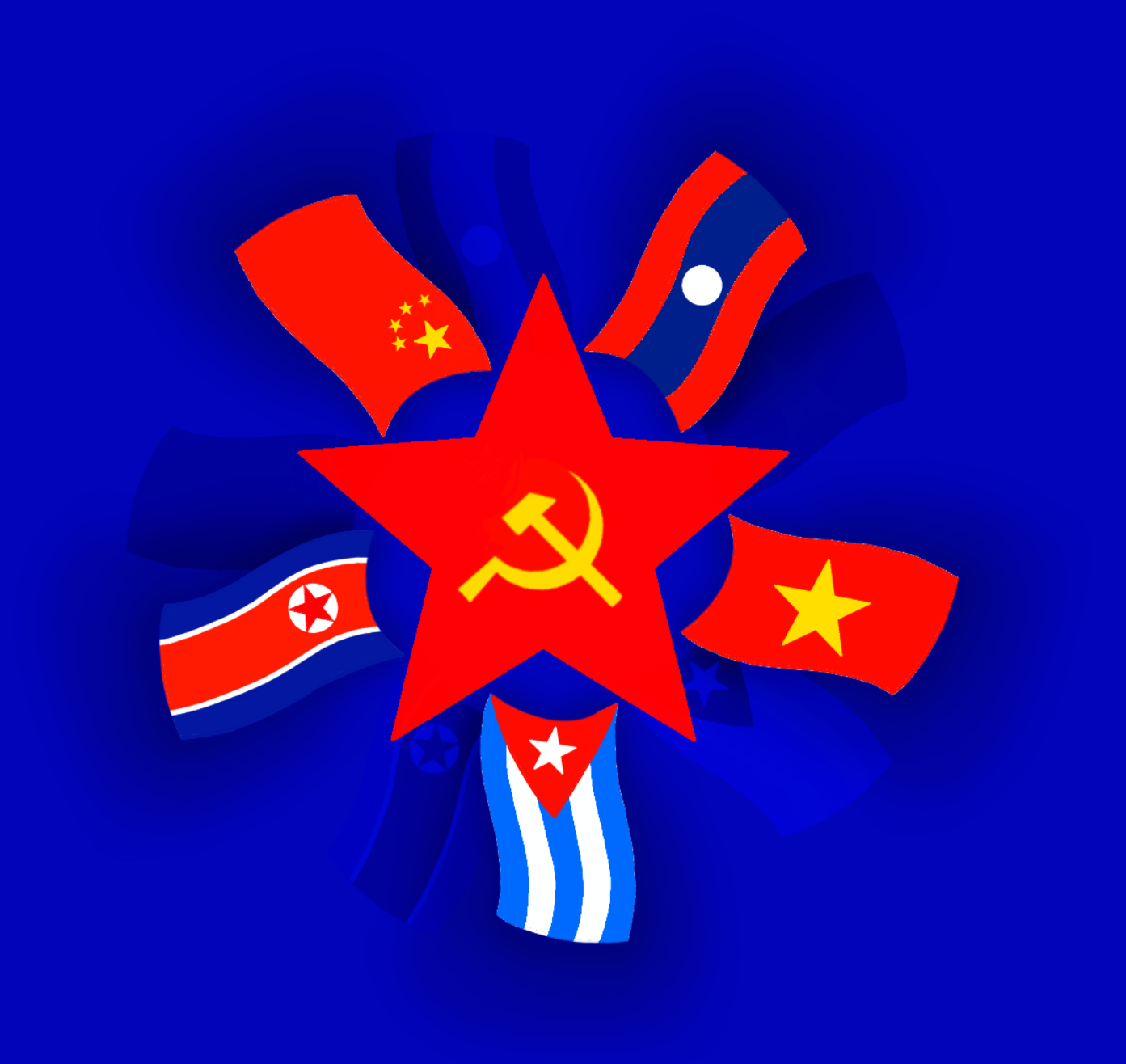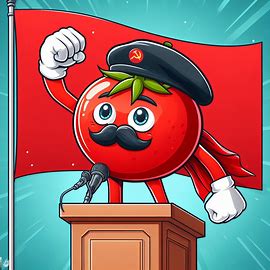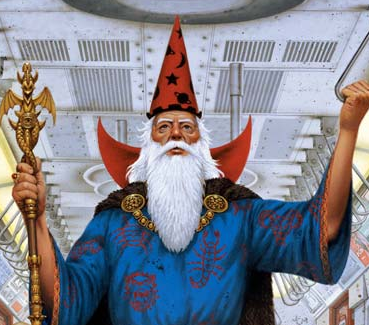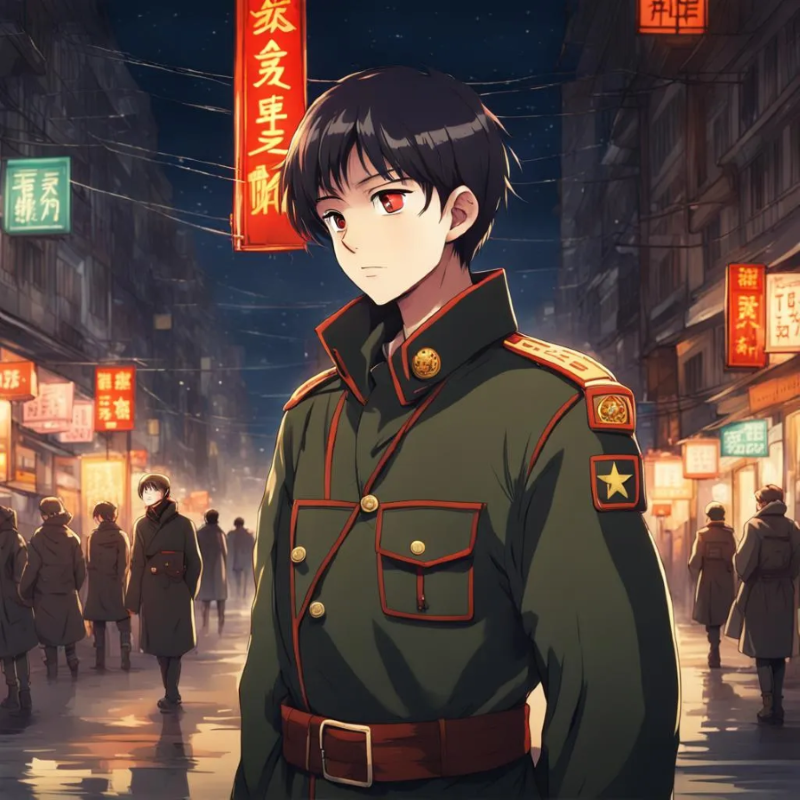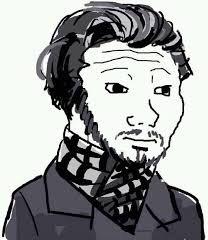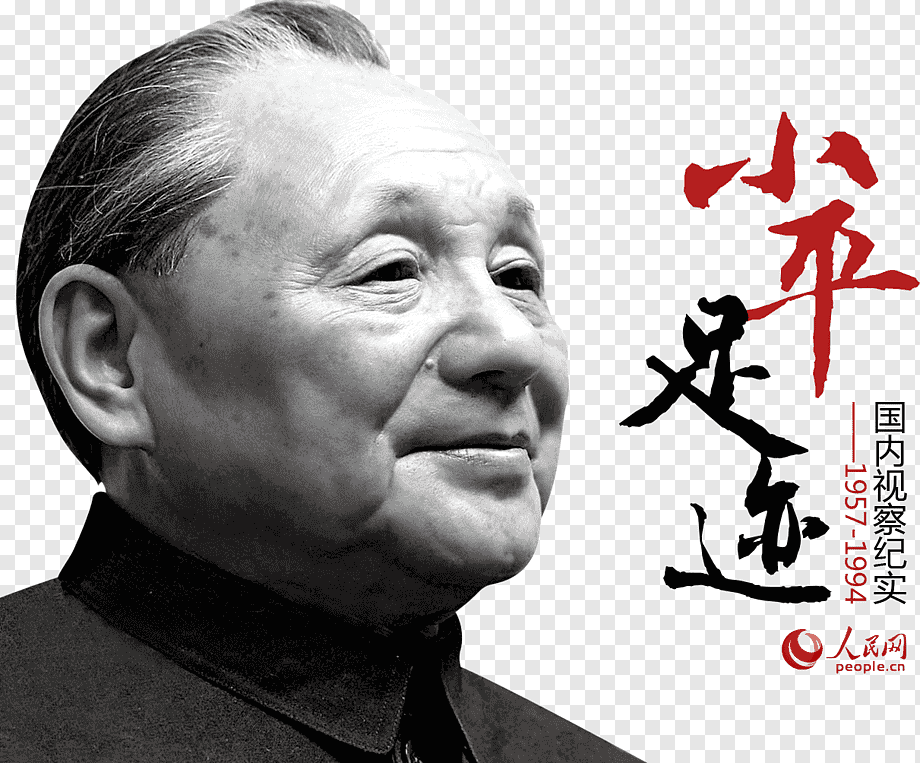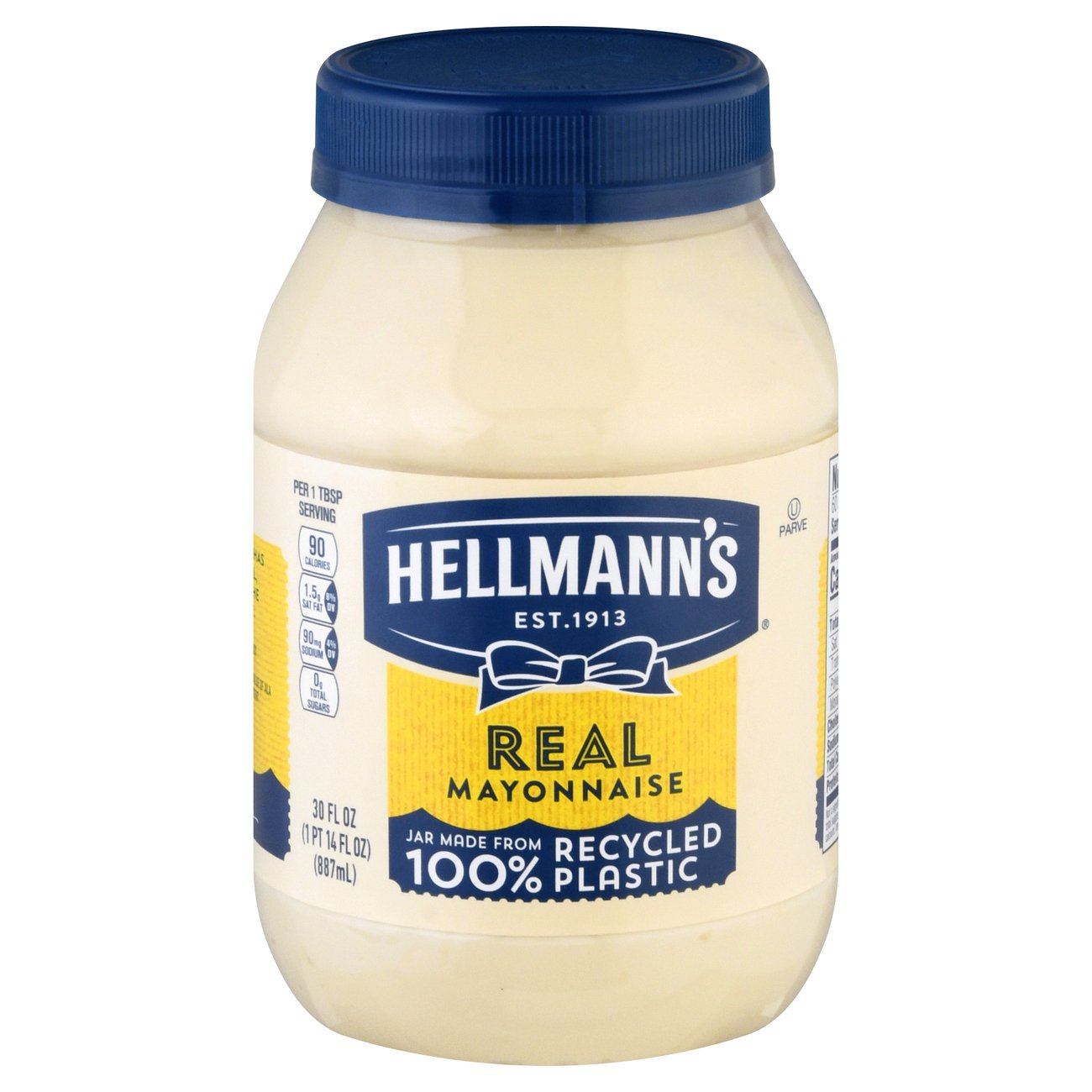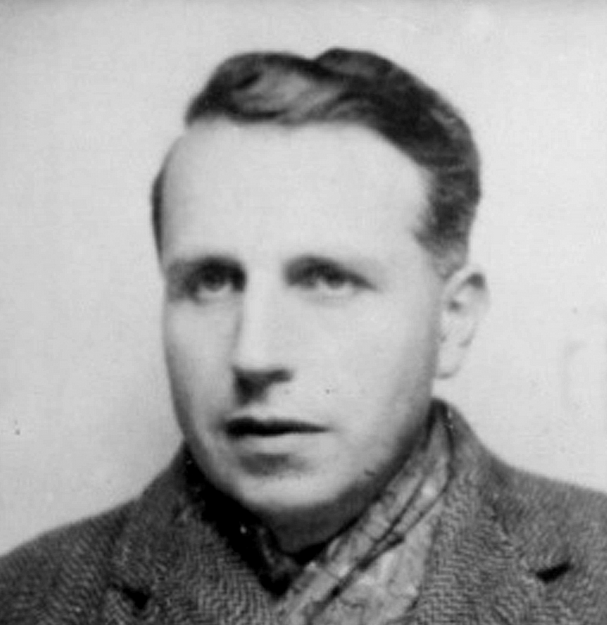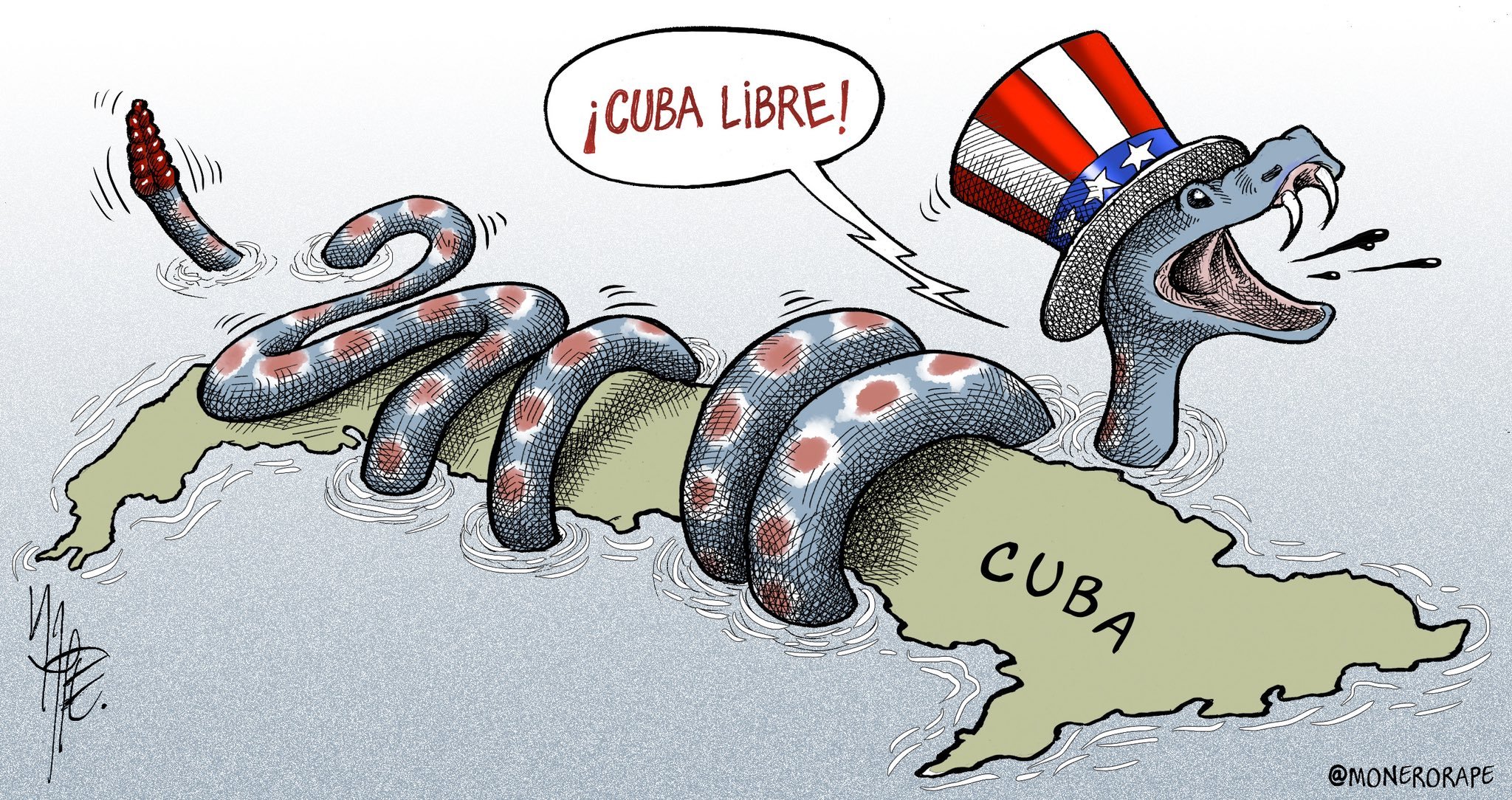🗣️📣 ATTENTION EVERYONE, 2 LIBERALS JUST INFILTRATED THIS THREAD, INSTINCTIVELY DOWNVOTING EVERYTHING THEY SEE RATHER THAN GOING THROUGH WHAT PEOPLE ARE SAYING
Absolute evildoers.
Of what I’ve read so far, gotta be Parenti.
Blackshirts and reds is so good
Well written and pretty concise to boot.
And it covers so many different topics in such a short read
Vijay Prashad, Losurdo (recently passed away RIP), Zak Cope, Roxanne Dunbar-Ortiz, Parenti, John Smith, Roland Boer, Galeano, Paul Cockshott (on certain things), Jin Huiming, Assata shakur, Federici (weirdly not a marxist but does marxist analysis in all her works).
Parenti’s still alive isn’t he ?
Yeah. I believe he suffers from dementia so he can’t speak or write anymore. Really sad story.
Sometimes I listen to Parenti lectures I’ve already heard too many times just because I like listening to him. He was a great and passionate speaker.
“If you want to get a photo from the press just gesture wildly” he has some great quips. Very funny guy when he wants to be. Love his lectures.
you can never listen to a Parenti lecture too many times
Yeah, but he’s got pretty advanced dementia. Diseases that affect the brain are an ugly fate indeed.
Vijay Prashad perhaps, and his book Red Star Over the Third World.
Carlos Martinez wrote a book about the collapse of the USSR called The End of the Beginning which honestly should be required reading for any socialist
Didn’t he also write The East is Still Red? That was an amazing read.
I looked into this book and he seems to stress “peaceful coexistence with the capitalist world.” What exactly would that entail? I feel like it kind of goes back on class war and seems to assume that even if the socialist projects did seek peaceful coexistence, that the capitalist world would actually participate peacefully. I think it sort of ignores the context of class war that would result in the birth of these new socialist experiments in the first place.
Am I making sense? I think this might be a bit rambly since I’m a bit sleep-deprived but I hope you get what I’m saying and can lend some context.
Places like Iran, Syria, and Russia, the smaller of the rival blocs of capital, are siding with China
China Miéville is definitely some type of Marxist.
“Iron Council” has railworkers overthrow their bosses and turn a train into a socialist settlement. They travel slowly so they can just take apart the track behind it and lay it again in front of the train where they want to go.
A more serious work would be “October”. It’s
historical fictionnot academic, but it’s a worthwhile introduction if you really don’t want to read a history book.Edited for accuracy
I wouldn’t call October historical fiction. Non academic non-fiction?
You’re right, I used the wrong word there.
Vijay Prashad and Michaek Parenti for non fiction, and Kim Stanley Robinson for fiction
What book do you recommend by Parenti for a noob?
Thank you for the suggestions! 🙏
Love Blackshirts & Reds for more recent history, but also would like to throw in The Assassination of Julius Caesar if you are interested in the politics of Rome at all. It’s way more similar to Amerikan “democracy” than one might believe (not just “descended from”).
There were multiple almost-uprisings that were quashed by the ruling class, and this work goes into grueling detail regarding them. I do not view Rome the same as I did prior to reading it, or Amerika for that matter.
Blackshirts and the Reds (obvi), To Kill A Nation (recent history of the destruction of Yugoslavia, a lot of parallels to Ukraine), Inventing Realities (I’ve heard it’s like Manufacturing Consent, but better), and Against Empire. There are probably other good ones that I don’t know much about. I wasn’t much interested by The Assassination of Julius Ceasar, but if you’re into Roman history it’s probably good.
Inventing realities felt to me like 2 books in 1, with a very simple but well developed analysis of propaganda as part 1 and the last chapter with part 2 being the 200 pages of just gut wrenching examples of propaganda to support found between. I thought beforehand that it’d feel like there were many theses being developed, but it just hits hard then piles on support. Not a bad thing, but I found it interestingly written
Manufacturing consent is similar, but I’m sure Parenti is better than Chomsky.
Yeah I’ve read both and like parentis more. But I found Chomsky’s a bit more “academic” is structure, while parentis felt that unique way I tried to describe. Might also come from the times I read them (Chomsky long ago as a young lib and parenti while I was already a communist)
(Not the original reply but) Depends on the interest, but I started with Blackshirts and the Reds (deconstructing the red fascist myths and northwestern lies about the Soviet Union) and it was an amazing read. They’re usually really short and straightforward to read, so any of them will do as the first one.
Second Blackshirts & Reds, it’s a very easy read and highly informative.
Kim Stanley Robinson is an ML? After reading Ministry for the Future I assumed he was a socdem. I did not like that book. It’s been a while since I read it, and from what I remember, it omitted a useful economic analysis and liberation struggle from confronting climate crisis which seemed totally idealistic to me.
I recall reading that he considered himself a Marxist, and he does appear to support revolutionary approach to social change in his books. While Ministry for the Future isn’t perfect, it did some economic analysis showing that capitalism is fundamentally at odds with having a livable future. The whole thesis of the book is that capitalism needs to be abolished, and the book also doesn’t shy away from saying that violence will be necessary to do so. It also talks positively about USSR saying that it had the right idea all along.
Fair enough, for some reason I really recall raging at that book being unrealistic in a “let’s vote away climate crisis” kind of way, but I also don’t remember details 😂. Thanks.
He’s a socialist, but not a Marxist-Leninist. Not instinctively hating the USSR is good, but it doesn’t make you an ML. 😛
That’s fair, I do find his open support for revolutionary struggle refreshing though.
Hard Choices by Hillary Clinton
Steven Lukes
Essential; https://voidnetwork.gr/wp-content/uploads/2016/09/Power-A-Radical-View-Steven-Lukes.pdf
He gets to be an ML because hes a neo-marxist
Hes also written books on Durkheim and https://en.wikipedia.org/wiki/Marxism_and_Morality which critiques Marx’s ideas of morality from a neo-marxist perspective.
I also enjoyed his work, ‘Moral Relativism’ because its more or less what Parenti was saying in regards to the cuban revolution; you can only judge the morals of a society by the cruelty enacted upon them, if they are taught violence they will respond with it. It made me rethink my feelings about socialist revolutions.
He is critical of Marx but his criticisms arent empty and he attempts to build upon, not tear down. I think he is pretty critical to devoloping marxist thought into a modern setting.
For a serious answer I would say David Harvey, but being real I’ve seen way more of his lectures than I have read of his books.
Personally, he’s kind of bland (his voice). He’s also anti-China. In his book on neoliberalism he put Deng and Reagan on the same level.
Professor Roland Boer, he is afaik the only non-Chinese professor of Marxism in all of China and studies marxism, Chinese socialism, and religious belief and spirituality from a marxist perspective. These are my recommendations for books, with the first one being my all time suggestion for people:
- Socialism with Chinese Characteristics: A Guide for Foreigners
- Red Theology: On the Christian Communist Tradition
- Criticism of Heaven
Most of his books are free on his website or around the internet
Inb4 fifty iterations of “Zizek.”
Gabriel Rockhill: Capitalism’s Court Jester: Slavoj Žižek
This neoliberal prankster is thus the epitome of a radical recuperator. He cultivates and markets the appearance of radicality in order to recuperate potentially radical elements in society, particularly young people and students, within the pro-imperialist anti-communist fold. This is precisely why he is the most famous ‘Marxist’ in the capitalist world, festooned by the likes of a journal linked to the engine of U.S. imperialism. His mantra is nothing but an opportunistic perversion of the closing lines of The Communist Manifesto: “Cultural consumers of the pro-Western world unite—and buy my next book, or movie, or crossover product, or whatever, and so on, and so on!”
A position further solidified by how often he plagiarizes himself. Literally if you’ve read one Zizek book, you’ve read parts of others already.
It’s the same jokes 400 times for sure. And the ideas are also rarely different. To be fair to him though, he admits as much openly saying “ive written the same book 30 times to get my point across” or something similar
I’d say the one he hasn’t written 30 times is Less Than Nothing, but I haven’t read any of his other works so maybe I’m wrong.
I read the description of it when I was reading a couple other of his and convinced myself it was very much a repeat/expansion of the same idea. My first of his was about Schelling called “The Indivisible Remainder” and those two seem identical to me in content, except the form is an approach from 2 different philosophers to get to Zizeks ideas.
fifty shades of zizek
David Harvey
People have already covered the major authors so I’m going to give a shout out to Torkil Lauesen.
He had a good interview on RevLeft Radio and an okay one on The Deprogram if you want to get a feel for what he’s like.






